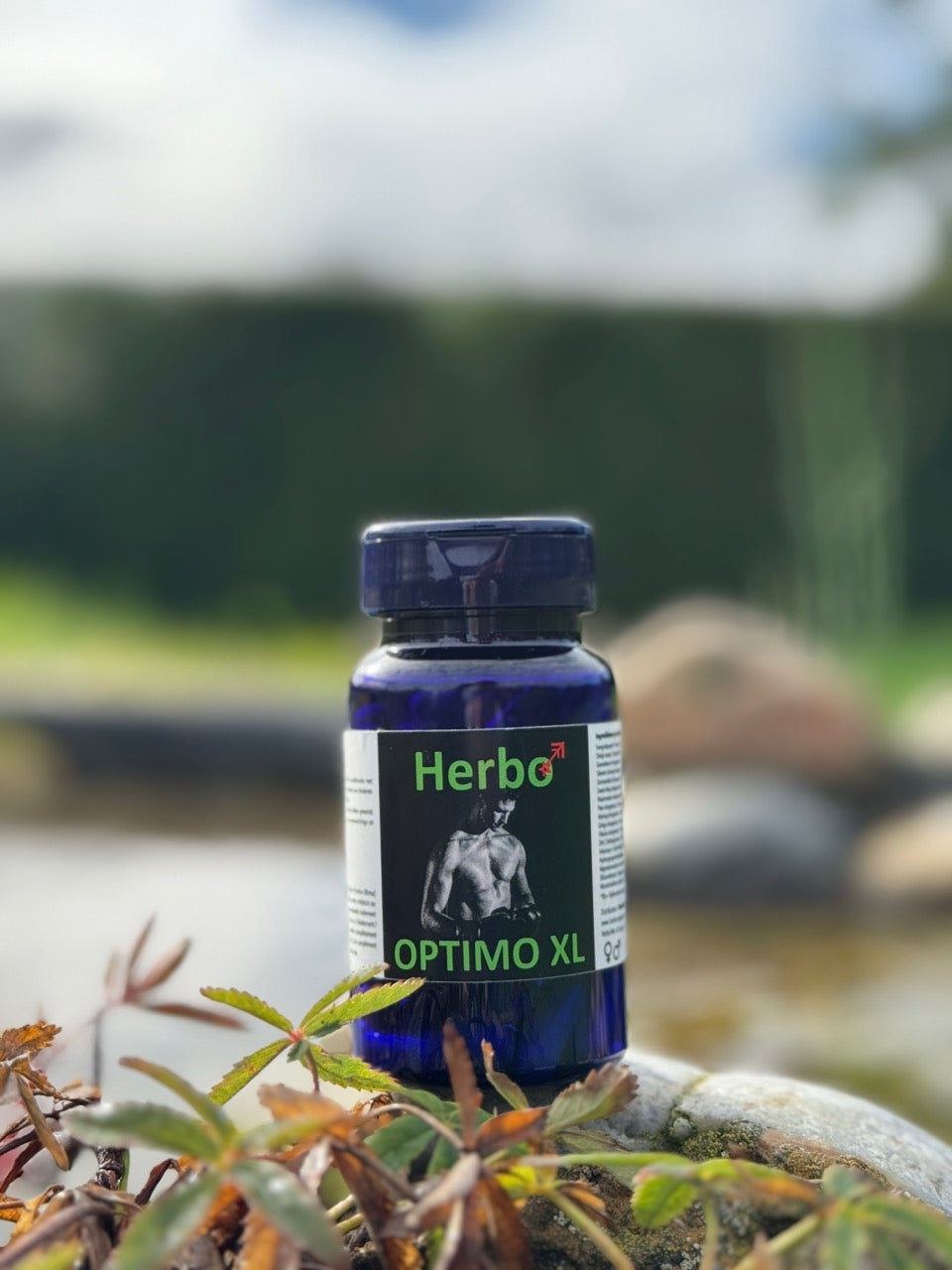Ashwagandha
(Indian Ginseng)
Ashwagandha is an herb also known as 'Indian ginseng'. It has been used for thousands of years in traditional Indian Ayurvedic medicine. Ashwagandha is said to boost energy and reduce stress and anxiety. It is even claimed to slow down certain forms of cancer and Alzheimer's disease.
But what does science say?
Possible benefits of Ashwagandha
Scientific studies suggest that ashwagandha may be beneficial for a number of conditions.
But researchers do not yet know exactly how the herb reacts in the human body.
Most studies have so far used animal or cell models, so scientists do not know if the same results will occur in humans.
There is some evidence that ashwagandha can help with:
- Stress and anxiety. In a 2019 study on humans, researchers found that taking a daily dose of 240 milligrams of ashwagandha significantly reduced people's stress levels compared to a placebo. Lower levels of cortisol, a stress hormone, were measured as a result.
- Arthritis. Ashwagandha may work as a painkiller. It prevents pain signals from traveling through the central nervous system and is also said to have anti-inflammatory properties. For this reason, the herb could be effective in treating certain forms of arthritis. This effect was confirmed in a 2015 study involving 125 people with joint pain.
- Heart health. One study from 2015 suggests that ashwagandha root extract could improve people's cardiorespiratory endurance. This could promote heart health. However, more research is needed to confirm this effect.
- Alzheimer's, Parkinson's, and Huntington's. Studies show that ashwagandha can slow down, stop, and possibly reverse certain forms of damage to nerve cells. This is what leads to diseases such as Alzheimer's, Parkinson's, and Huntington's. Note: almost all research on ashwagandha and nerve cell damage in the brain has been conducted on animals or animal cells.
- Cancer. Research also shows that ashwagandha can stop cell growth in certain types of cancer. In animal studies, this included lung tumors, among others.
- Performance during exercise. It was also found in research that healthy young adults who took 500 milligrams of ashwagandha daily for eight weeks had more speed and strength during exercise than people who took a placebo. They also breathed better and absorbed more oxygen.
- Male infertility. A small study showed that infertile men who took five grams of ashwagandha daily for 90 days had a higher sperm count. The health of their sperm also improved.
- Sleep. One study in humans showed that taking a dose of 300 milligrams of the herb twice a day improved sleep. Another study in animals found that triethylene glycol in ashwagandha promotes sleep.
Disadvantages and Risks of Ashwagandha
Ashwagandha is probably safe for most people when used for up to 6 months, although the long-term effects are unknown.
Some people who use ashwagandha have reported side effects, namely stomach and intestinal complaints, drowsiness, diarrhea, and vomiting.
Always consult a doctor to ensure that ashwagandha or other supplements are safe for you.





